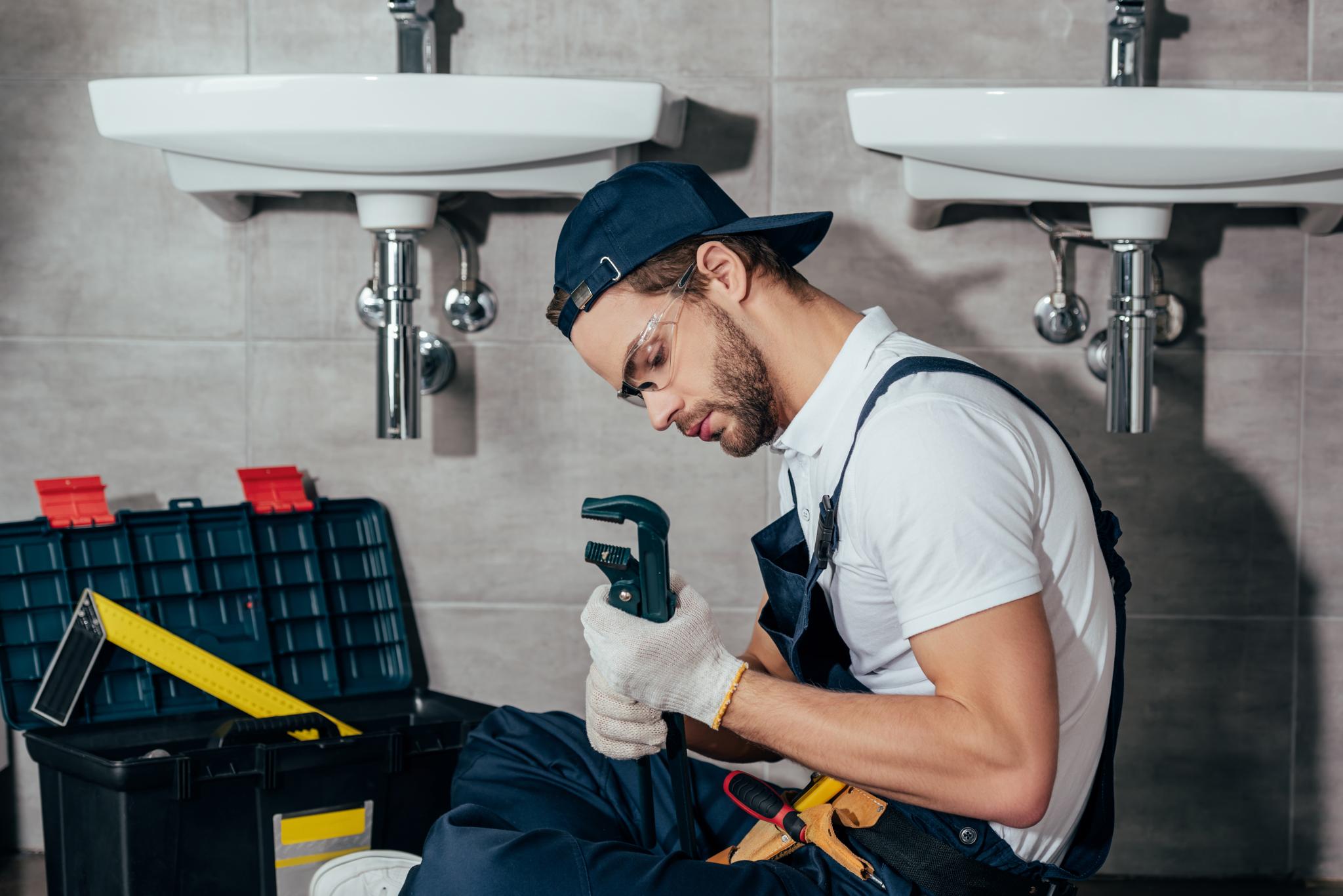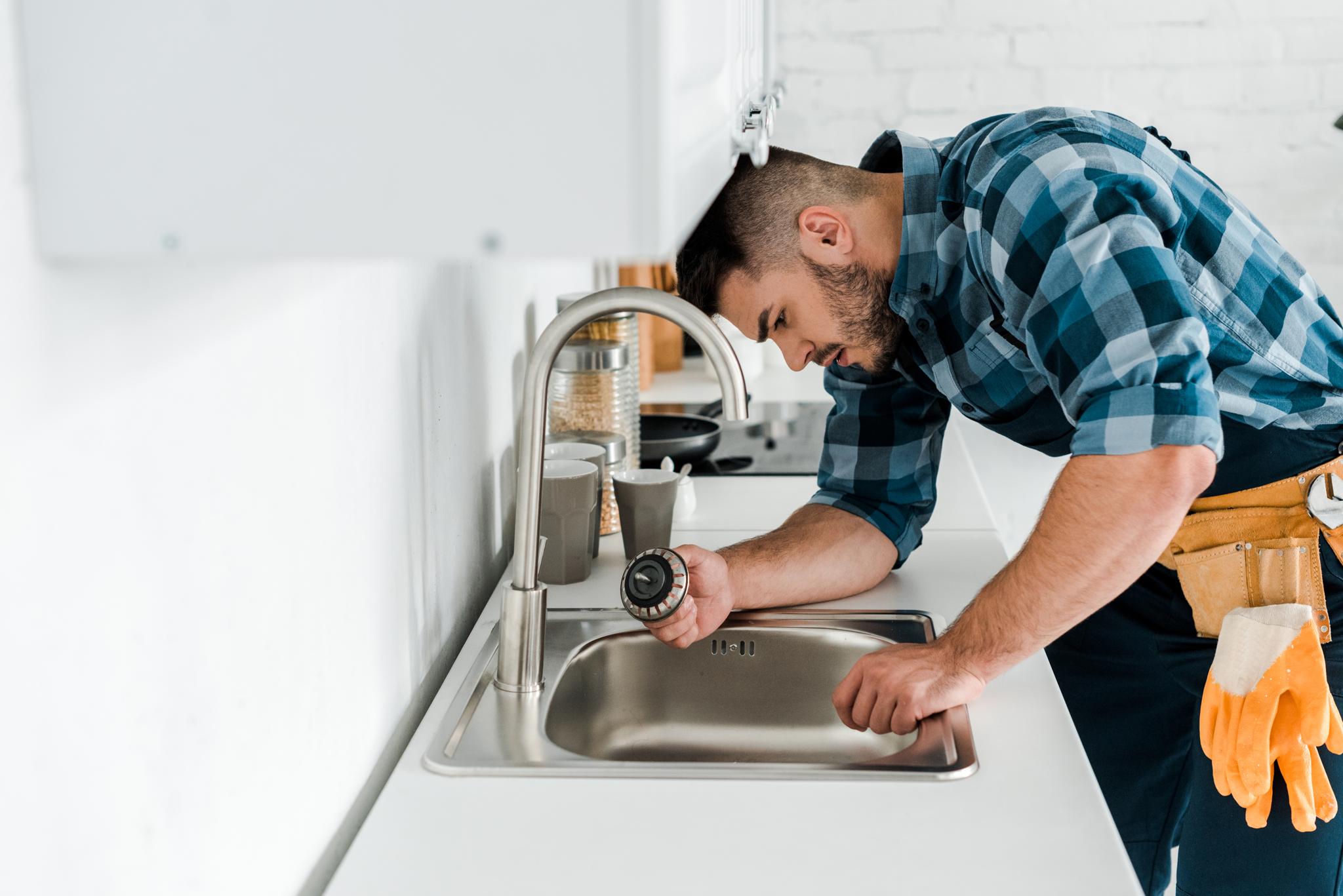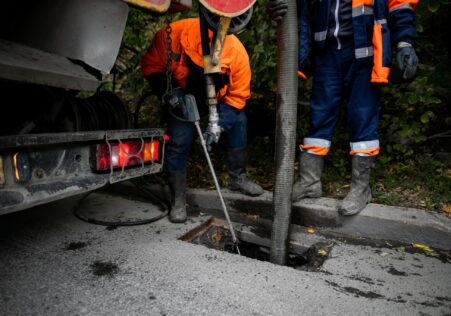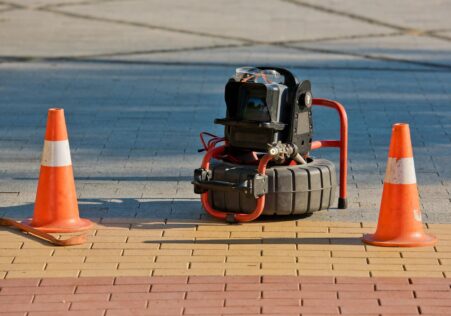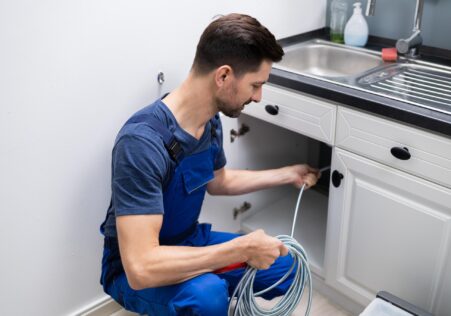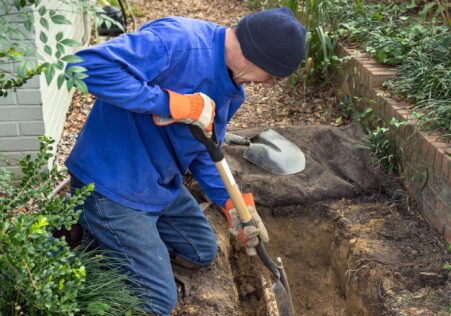How to Unblock a Shower Drain Without Chemicals

If you’ve ever had the misfortune of taking a shower only to discover that the water isn’t draining, you know how frustrating it is. It’s not just slowing down your morning routine, it could also make it harder to clean up after having finished. Although chemical drain cleaners are sometimes effective, they may also damage the pipes as well as harm the environment. The good news is there’s plenty of ways that you can unblock a shower drain without resorting to harsh chemical solutions.
Key Takeaways
- Chemical drain cleaners can harm pipes and even the environment.
- There are a variety of natural ways to unblock a shower drain like baking soda and vinegar, a wire hanger, or a dry/wet vacuum.
- Use baking soda and vinegar method: collect supplies, remove drain cover and debris, then pour baking soda and vinegar. Wait for 30 minutes before flushing with boiling water.
- To use wire hanger method Straighten the wire hanger and leave the other end in its original shape and then create a hook on the top, and then place it into the drain to fish hair and other debris out.
- For wet/dry vacuums switch the vacuum to "wet" mode and cover drains overflowing with cloth or tape, join the hose and create an airtight seal. Turn on the vacuum for 3 minutes.
- To prevent future blockages, use a hair strainer in your shower. You can also run hot water after each usage and avoiding pouring grease down your drains.
Method 1: Bake Soda and Vinegar
Step 1: Gather Your Materials
To begin you can gather the following items:
- Baking soda
- White vinegar
- Boiling water
- Rubber gloves (optional)
- A cloth or rag
Step 2: Prepare the Drain
Get rid of the shower drain cover if possible and use a small brush or toothbrush to remove any hair or other debris around the edges of the drain. Be sure to wear rubber gloves if necessary.
Step 3: Pour in Baking Soda and Vinegar
You can pour one cup of baking powder down your drain, followed by one cup white vinegar. Then cover this drain immediately with a clean cloth or a towel to ensure that the reaction doesn’t go out of control!
Step 4: Wait
It should take about 30 minutes while the mixture does its work. There should be some sound and bubbling. That’s a sign that it’s working!
Step 5: Flush with Boiling Water
Remove the cover with care and flush with boiling water. This should help clear all debris remaining and help make sure that the water flows smoothly again.
Method 2: Wire Hanger
Sometimes all you need is a sturdy wire hanger
Step 1 Step 1: Straighten It Out
Straighten a wire hanger to the greatest extent as possible, while keeping the other end of the hanger in its original shape.
Step 2: Create a Hook
Create a small hook on the top of the wire that you have just straightened.
Step 3: Fish for Hair and Debris
Place the hook in the drain and fish around to look for hair as well as debris. Get rid of anything that comes up.
Method 3: Wet/Dry Vacuum
If you have access to an air-tight vacuum, this method might be for you.
Step 1. Set the Vacuum
The vacuum should be set on "liquids" or "wet" mode.
Stage 2: Seal Drainage
Cover any overflow drains with duct tape or a wet cloth to ensure the highest suction power.
Step 3: Attach Hose to drain
Attach the hose onto your drain to create an air-tight seal.
Step 4: Turn on Vacuum
Then, turn on the vacuum and allow it to run for approximately three minutes. This should remove any blockages in your shower drain.
| Method | Supplies Needed | Steps |
|---|---|---|
| Baking Soda and Vinegar | Baking soda, white vinegar, boiling water, rubber gloves (optional), cloth or rag | 1. Gather supplies\n2. Prepare the drain\n3. Pour in baking soda and vinegar\n4. Wait for 30 minutes\n5. Flush with boiling water |
| Wire Hanger | Wire hanger | 1. Straighten it out\n2. Create a hook\n3. Fish for hair and debris |
| Wet/Dry Vacuum | Wet/dry vacuum, duct tape or wet cloth | 1. Set the vacuum to "liquids" or "wet" mode\n2. Cover overflow drain \n3. Attach hose to drain \n4. Turn on vacuum |
FAQs
How can I tell when my shower drain has become clogged?
If your shower takes longer than normal to empty or if you notice that water is collecting around your feet when you shower, it’s an indication that your drain could be either completely or partially clogged. Also, a smell of rottenness emanating from the shower may also be a sign of a blocked drain.
What are the best natural methods to clear a shower drain?
You can try pouring boiling water down the drain, followed by baking soda and vinegar. It is also possible to use the mixture of baking soda and salt followed by boiling water. The drain can be drained by a plunger might also help.
Can I make use of chemical drain cleaners to unblock my shower drain?
It’s not recommended to use chemical drain cleaners as they are laden with toxic chemicals that can harm the pipes over time. These chemicals can also harm the environment and pose health risks for those who handle them incorrectly.
When should I contact an experienced plumber to fix my shower drain that is blocked?
If the DIY method doesn’t work in clearing the shower drain, it’s best to speak with a professional plumbing company like Melbourne Blocked Drains Plumbers in Melbourne for assistance. Other signs that you need professional help are the appearance of water in other drains or toilets, strange gurgling noises from pipes or smells that are foul from drains, even after cleaning them.
How much will it cost to get a blocked shower drain fixed by an experienced plumber?
The cost of fixing blocked shower drains can be different based on the severity of the problem and where you live. In the average, it will cost between $100 and $300 for a plumber who can unblock the drain of a shower. However, more extreme cases which require pipe repair or replacements can cost upwards of $500-$1000.
Conclusion
Clearing out a blocked shower drain can be stressful, but there are many ways to tackle the problem without turning to harsh chemicals. It doesn’t matter if you use baking soda and vinegar or a wire hanger or a wet/dry vacuum, remember to take steps to stop future blockages installing a hair strainer inside your shower, running hot water after every use, and not spilling grease into your drains. If these methods don’t perform, it could be the time to seek professional assistance. If you’re having trouble with persistent or having trouble with plumbing problems with your plumbing in Melbourne , contact Melbourne Blocked Drains Plumbers today!
Additional Information
- Avoid Expensive Repairs with Regular CCTV Drain Inspections
- Don't Let Your Blocked Drains Cause You Trouble
- Clogged Bathroom Drain? Learn How to Clear it with The following Thorough Guide
- Say No to Chemical Drain Cleaners: How They Can Damage Your Pipes
- The Benefits of CCTV Drain Inspections for Blocked Drains and Corroded Pipes
- Become an expert at Drain Cleaning with These Effective Tips
- Reasons Why CCTV Drain Inspection is a Must Before Purchasing a Property
- The Importance of CCTV Drain Inspection in Commercial Properties
- Get rid of clogged drains with these amazing remedies
- Future-Proofing Your Plumbing System with CCTV Drain Inspection


